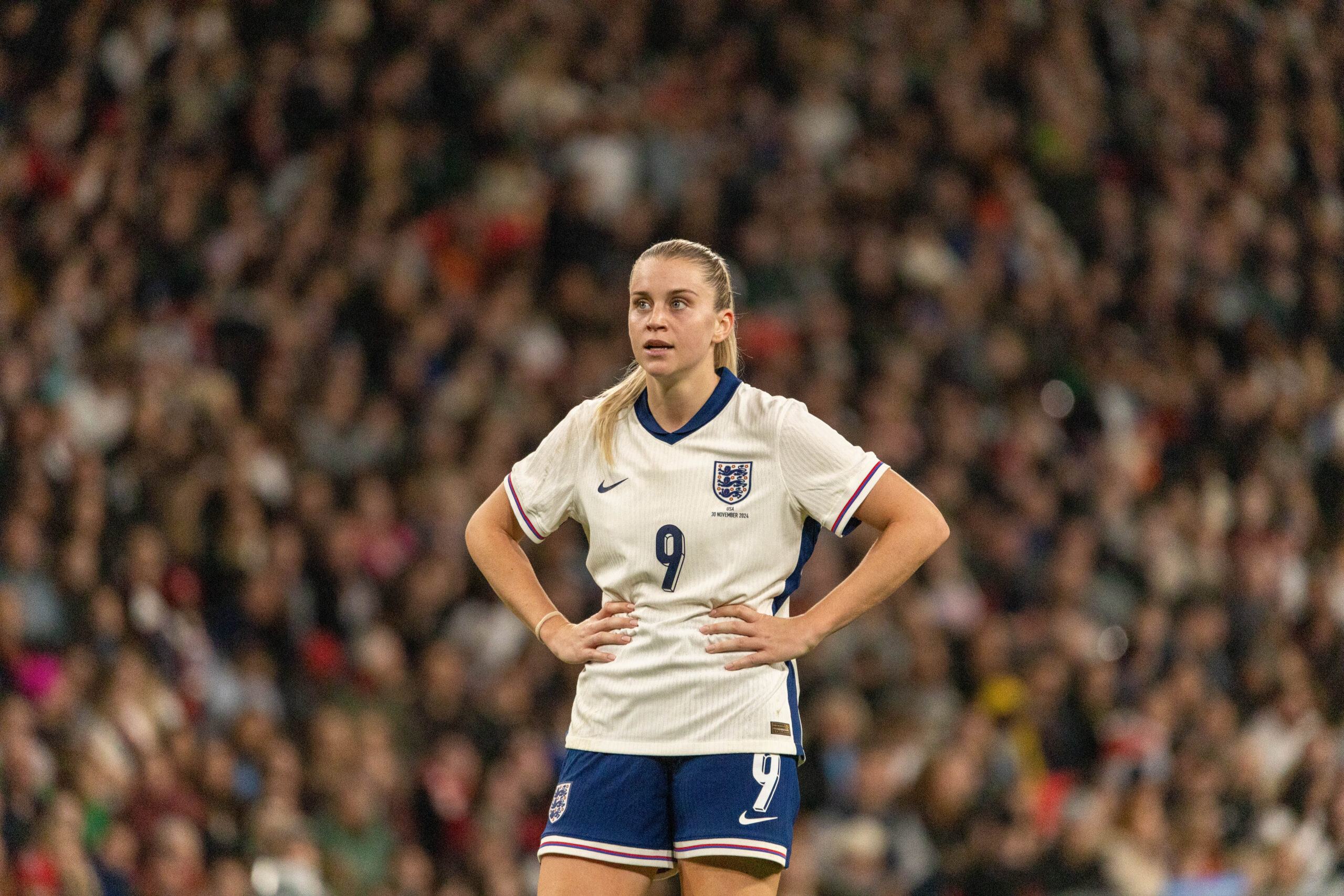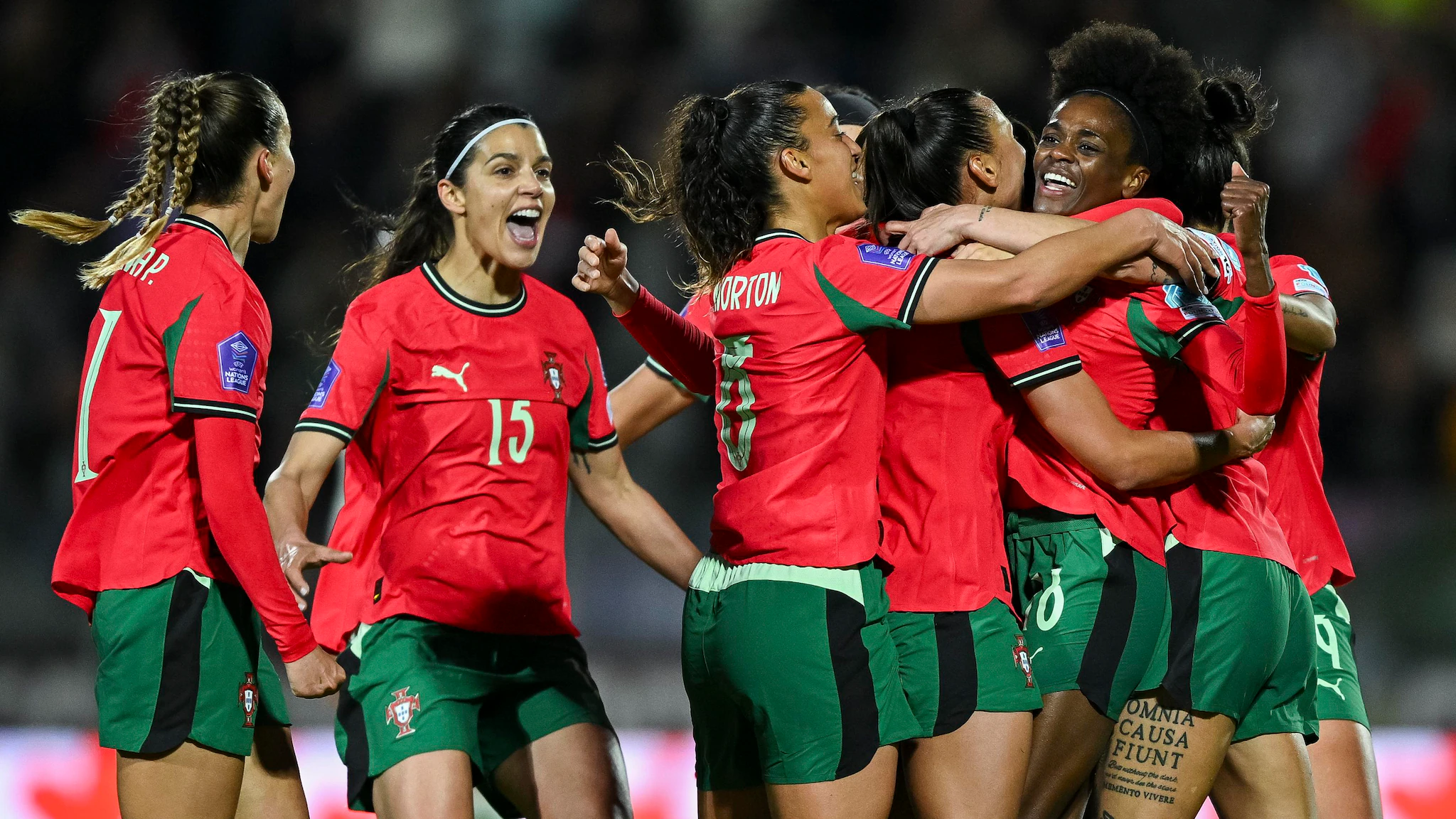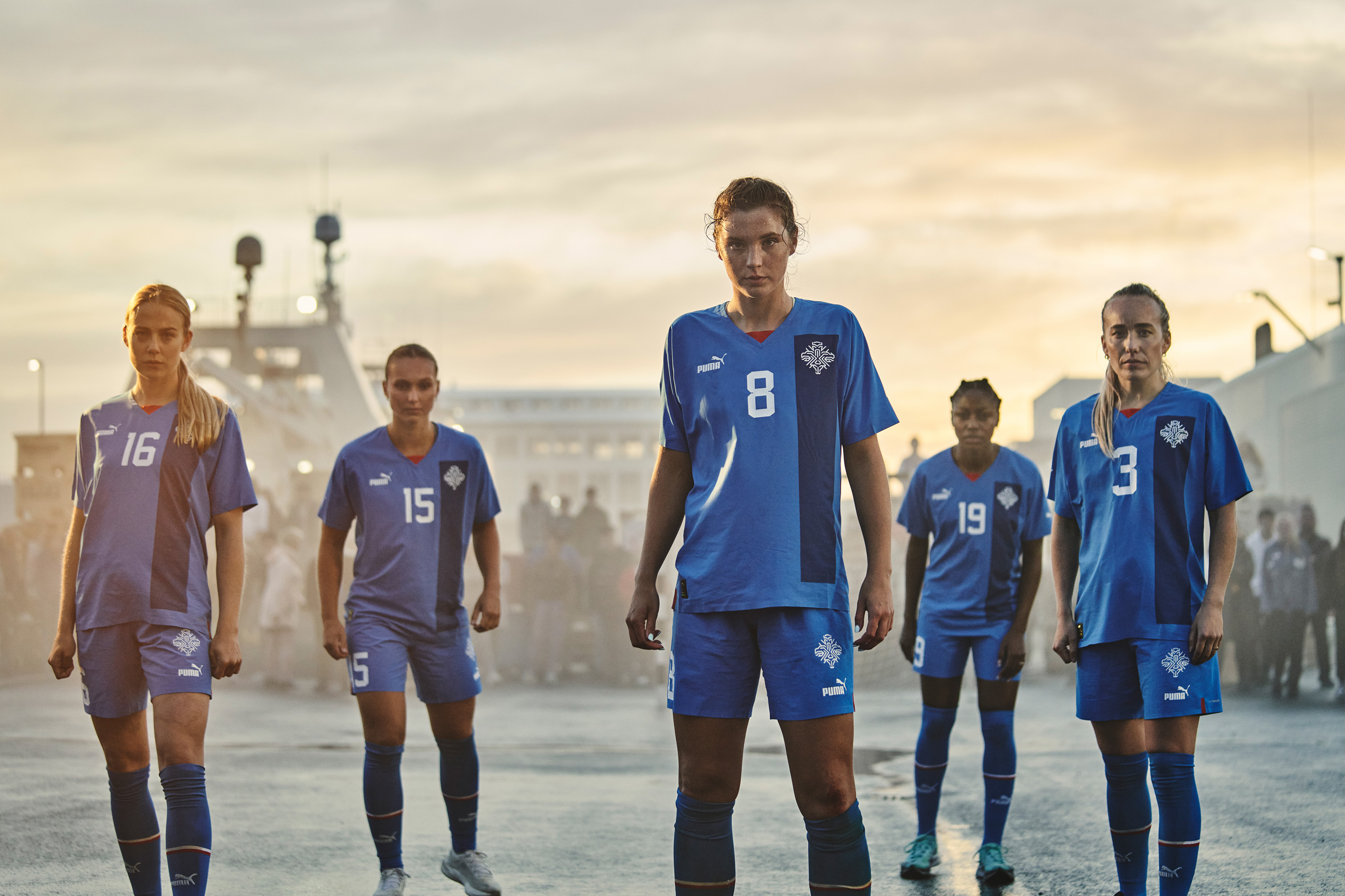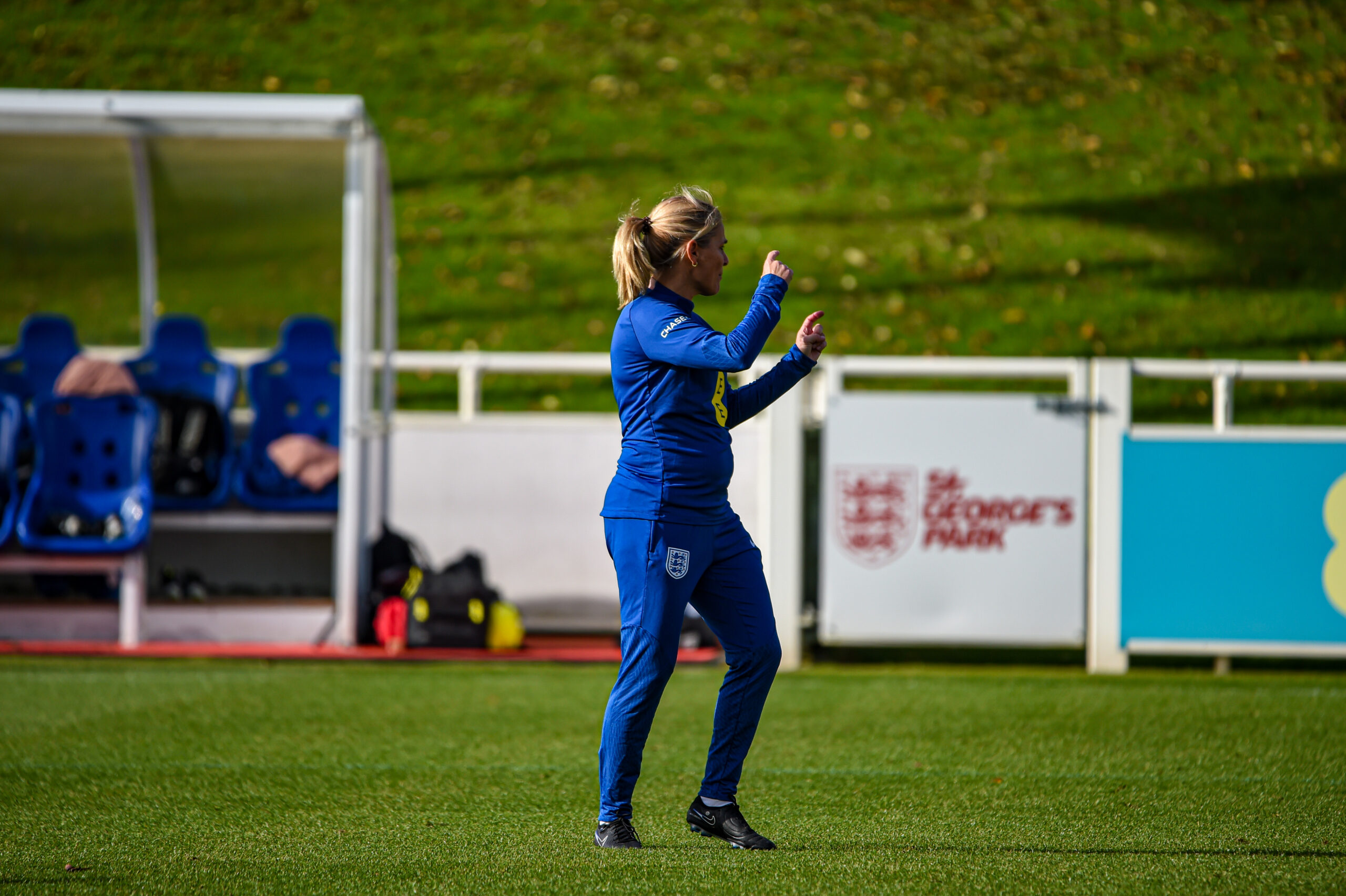As the countdown to UEFA Women’s Euro 2025 continues, England’s Lionesses are courageously speaking out against a wave of damaging online abuse that has surged ahead of the tournament.
In powerful statements to BBC Sport, several players described the emotional toll of social media trolling that has intensified following recent match disappointments.
The abuse ranges from harsh criticism to hateful threats.
Alessia Russo, a central figure in England’s attack, confirmed she has experienced similar abuse throughout her career and has learned to filter out negativity:
“When I was younger I probably got sucked into it more. I read it more than I should have and listened to it more than I should have.”
The heightened toxicity came after the Lionesses’ narrow defeat to Spain in Barcelona, where Russo scored on her 50th cap – a moment of celebration overshadowed by harsh online backlash.
Players demand stronger action
The Lionesses’ growing frustration is echoed across women’s sport. Tennis player Katie Boulter recently described the abuse she receives – including death threats – as “disgusting,” prompting support from peers like Russo.
This shows a troubling trend: abuse often escalates after high-profile fixtures or losses and frequently originates from disgruntled bettors.
There is growing urgency among players and governing bodies to compel social platforms to do more.
Mental health toll and coping strategies
The emotional strain of relentless online hate is undeniable. Players warn of second-hand trauma, especially among younger athletes still growing into the game.
Russo, a leader on and off the pitch, has taken proactive steps: she plans to reduce her social media presence during the upcoming Euros to preserve her mental well-being.
Other Lionesses have echoed her approach, stepping away from comment sections and limiting their social media use ahead of the tournament to maintain focus.



